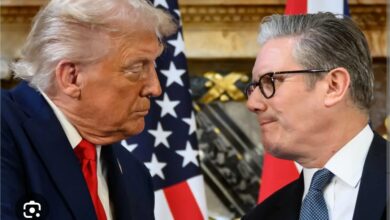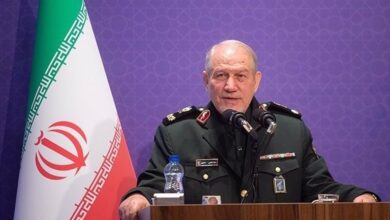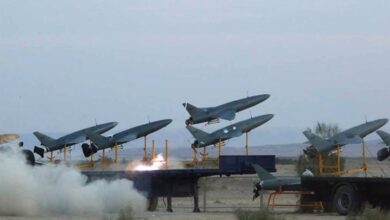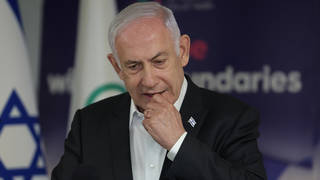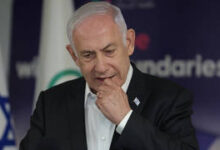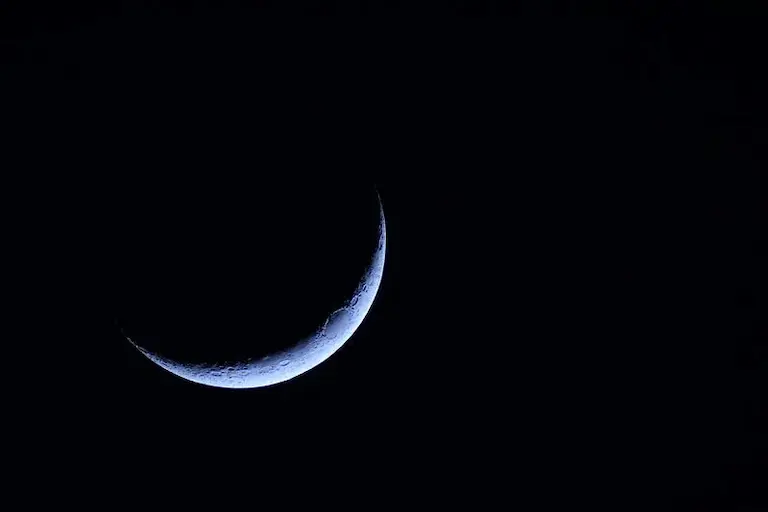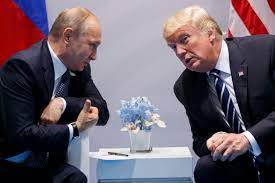Dollar falls to N470 at parallel market
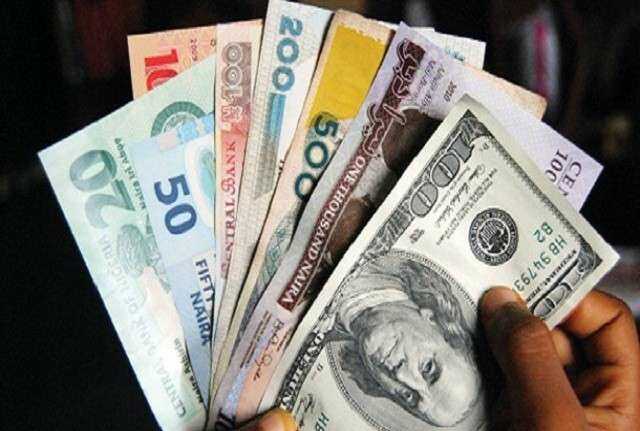
… As external reserves rise by $3.2bn
The naira has been gaining steadily against the U.S dollar in three days of trading at the parallel market.
The dollar sold for N510 on Tuesday, dropping to N505 Wednesday and fell to about N470 at the end of trading yesterday as more people trooped to the market to sell their foreign currency.
The Central Bank of Nigeria (CBN) Monday changed its rules in the supply of the foreign exchange (Forex) where it guaranteed currency supply to both small and big users.
On Tuesday about $500 million was released through the interbank market where the 23 banks bought $371m.
The naira also gained against other currencies such as the Pound sterling which traded at 645 a day earlier but slipped to 610 while the Euro came down from N537 to N507 at the end of trading yesterday.
Traders at Zone 4, Abuja, Lagos and Port Harcourt attributed the firming up of the naira to the new policy introduced by CBN.
Mr. Mohammed Salisu, a trader in zone 4 said “buyers are sceptical while sellers are rushing to sell giving room for high speculations in the market even though the BDCs have not started receiving supply from the CBN as promised.”
Naira gains direct impact of CBN policy – Experts
Analysts have attributed the continuous appreciation of the naira against the dollar to the new foreign exchange measures announced by the CBN which has seen increased supply of the dollar to the market.
The Head, Investor Relations at United Bank for Africa (UBA) Abiola Razaq said the policy has actually shifted a lot of demand from the parallel market to the interbank market.
“We are very spot-on that the CBN policy has a direct impact on the appreciation of the naira that we have seen from about N520 back to about N500 as we speak in the parallel market,” Razaq said from Lagos.
The CBN also during the week began moves to fund commercial banks with additional Forex to carter for school fees, medicals and personal travelling allowance (PTA) and Business Travel Allowance (BTA) at a special rate.
Razaq said the PTA and BTA which formed significant proportion of demand in the parallel market, “has reduced to the extent that CBN has been able to provide dollars to be able to meet those categories of demand at the interbank market and the banking system.”
He added that the intervention by the CBN within the week to the banks and yesterday “wherein they (CBN) offered about $230 million”, has “created more confidence in the naira and doused speculation on the naira coupled with the fact that a lot of the demand that you would have seen at the parallel market are now back to the interbank market.”
Razaq said the appreciation of the naira against the dollar will be sustainable to the extent CBN continues to increase the supply of dollar.
Shehu Aliyu, a trader said although they have not receive anything yet from the CBN there are assurances that from next week the dollar will be released.
External reserves rise
Meanwhile, the CBN’s ability to increase supply of the dollar has been strengthened by the increase in country’s foreign exchange (Forex) reserves.
Figures obtained from apex bank’s website yesterday showed that Nigeria’s external reserves rose to $29.328 billion as at Tuesday after appreciating by $171 million to $29.282 billion on Monday.
The growth in the reserves, derived majorly from proceeds of crude oil sales represented a 0.7 percent increase from the $29.111 billion recorded as at the close of trading last Friday.
Analysis of the CBN data showed that the reserves have maintained a steady accretion after hitting its lowest level of $23.897 billion in the last one year on October 19, 2016.
At the beginning of January, the reserves surged to $26.094 billion and have so far in 2017 risen by $3.1billion.
Though the country’s Forex reserves have been hovering around 11-year low, the increase in inflow has maintained a steady course since late October 2016.
Daily Trust reports that the marginal but steady increase is indicative of the drop in militancy in the Niger Delta, rising oil exports and prices.
Latest data released by the NNPC showed that crude oil production inched up to 1.92mb/d in November 2016, representing 7.77% increase compared to the previous month.
NNPC attributed the increase to the federal government’s overtures to Niger Delta militants towards providing a lasting peace to the crisis in the region.
Also, oil has held above $50 a barrel since the Organization of Petroleum Exporting Countries (OPEC) and 11 other nations started trimming supply to ease a global glut.
Yesterday, the global benchmark crude, Brent, gained 66 cents to trade at $56.84 a barrel.
With the oil market entering 2017 with prices above $50 per barrel, analysts are optimistic about high prices and a potential continuous accretion of Nigeria’s Forex this year.


